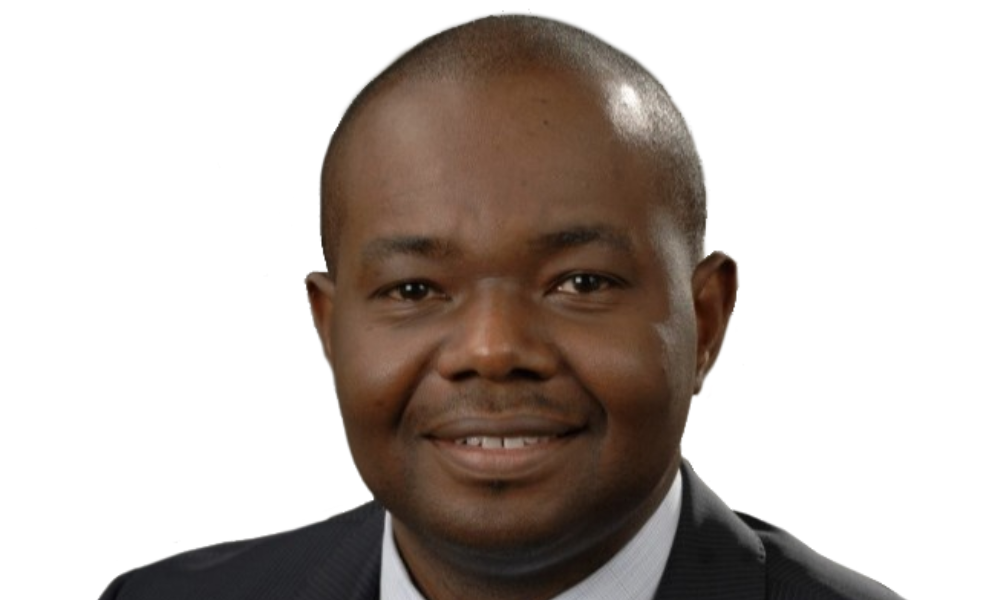Advisors can help business clients shore up DB contingency plans ahead of possible recession

Mercer’s recent Pension Health Pulse (MPHP) noted that the financial position of most defined benefit (DB) pension plans dropped slightly in the third quarter(Q3), slowing an advance that they had set in the first half of the year.
The MPHP, which tracks the median solvency ratio of the DB pension plans within Mercer’s pension database, decreased from 109% on June 30 to 108% on September 30.
“In the third quarter, the equity markets were volatile, and the interest rates did move up and down,” Ben Ukonga, the principal and leader of Mercer’s Wealth Business in Calgary, told Wealth Professional on releasing the Q3 results. “So, what’s surprising to me is that there wasn’t much change in the financial position of DB plans by the end of the quarter.”
Read more: What's today's good news for your clients with defined benefit pension plans?
Ukonga noted that was because, while the assets in the DB plans may have decreased, the interest rates on their liabilitiesincreased, so “as interest rates go up, the present value of those obligations go down.”
The MPHP noted that, at the end of Q3, the plans in Mercer’s pension databased showed that:
- 72% of plans were estimated to be in a surplus position on a solvency basis
- 17% of plans were estimated to have solvency rations of 90% to 100%
- 5% had solvency ratios between 80% and 90%
- 6% had solvency ratios of less than 80%.
While there’s still concern that the economy may go into a recession as the central banks continue to tighten monetary policy to fight inflation, Ukonga said that financial advisors need to continue to be careful with their clients’ investments.
But, there isn’t much to worry about for clients with defined pension plans because the plan sponsors will have to continue to pick up any slack that occurs in the market. What advisors may want to do is flag that concern with their business clients, who may need to shore up their contingency plans for the DB plans if the economy continues to worsen.
Read more: Will defined benefit pension plans face headwinds in 2022
Overall, though, he isn’t seeing any alarm bells.
“If we are going into a recession, in past recessions, central banks have cut the interest rates, which will increase plan liabilities at the same time that plan assets are going down. So, the financial position would deteriorate with all that fall out, and some plans may go into a deficit, which may trigger additional contribution requirements from plan sponsors at the time that the economy is not doing well, and they may not have the cash on hand to put into the pension plan,” he said.
Advisors could also help business clients review their expenditures at this time to tighten their belts.
“Most DB plans are in good shape,” he said. “So, we’re not saying the sky is falling. We’re saying there are clouds that may just dissipate, or they may get darker. Right now, we don’t know. We just cannot say that everything’s hunky-dory.”



